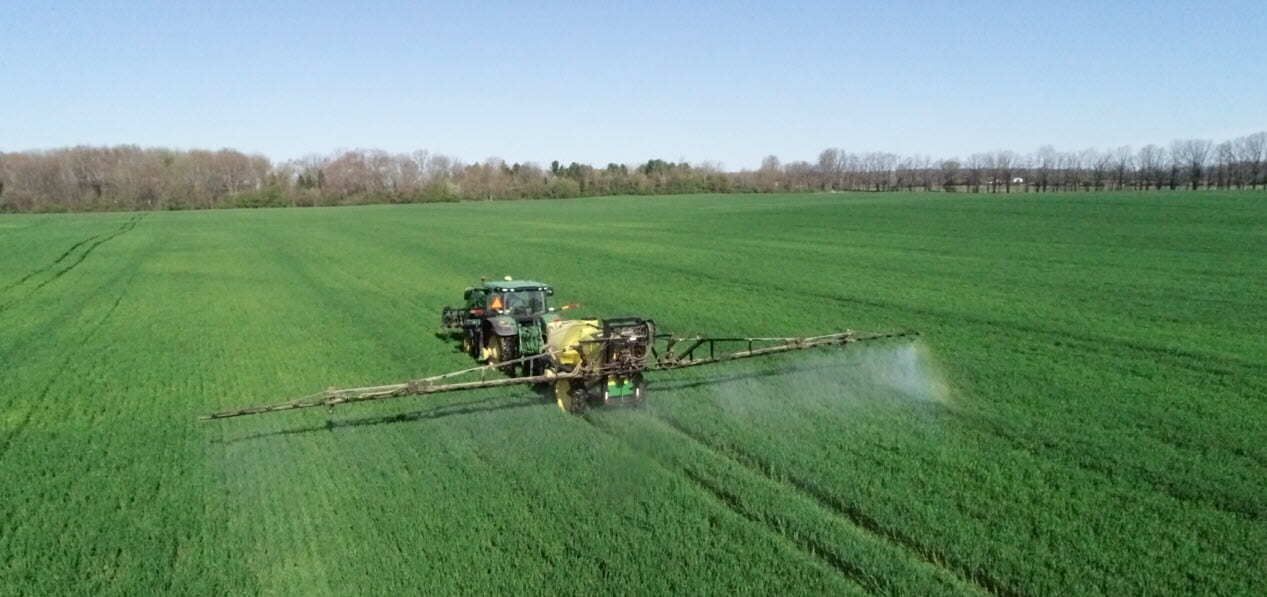
In the ever-evolving landscape of modern agriculture, the implementation of voluntary nutrient management plans stands as a beacon of sustainable farming practices. These plans, tailored to the specific needs of each farm, outline strategies for optimizing nutrient usage while minimizing environmental impact. As the global population burgeons and climate change looms large, the significance of these plans cannot be overstated.
At the heart of a voluntary nutrient management plan lies a commitment to environmental stewardship. By carefully monitoring and managing nutrient inputs, farmers can mitigate the risk of nutrient runoff into waterways, a major contributor to water pollution and ecosystem degradation. Through practices such as precision agriculture and cover cropping, farmers can minimize the excess application of fertilizers and pesticides, safeguarding not only their land but also the surrounding ecosystems. Soil testing on these acres is vital to ensure the proper placement of nutrients on the landscape.
Furthermore, voluntary nutrient management plans foster economic resilience for farmers. By optimizing nutrient usage, farmers can reduce input costs while maintaining or even improving yields. Additionally, these plans often include measures to enhance soil health, such as crop rotation and conservation tillage, which can lead to long-term improvements in productivity and resilience to environmental stressors.
Beyond environmental and economic benefits, voluntary nutrient management plans contribute to the overall sustainability of agricultural systems. By promoting better planned approaches to land management, these plans help to preserve natural resources for future generations while ensuring the viability of farming operations in the face of changing environmental conditions. These plans can be created with your local Soil and Water Conservation District and are approved for four years.
The adoption of voluntary nutrient management plans represents a proactive step towards a more sustainable agricultural future. By embracing these plans, farmers can simultaneously enhance environmental stewardship, economic viability, and the long-term resilience of their operations. If you are interested in developing a voluntary nutrient management plan reach out to the Madison Soil and Water Conservation District, 740-852-4003, or check out our website at www.madisonsoilandwater.com.

